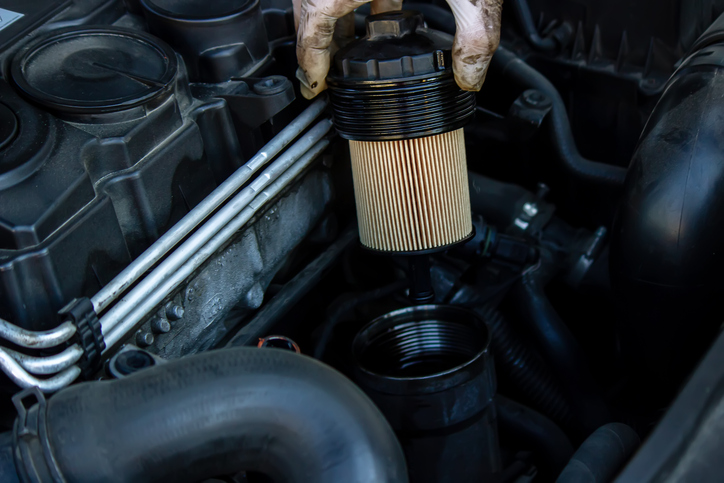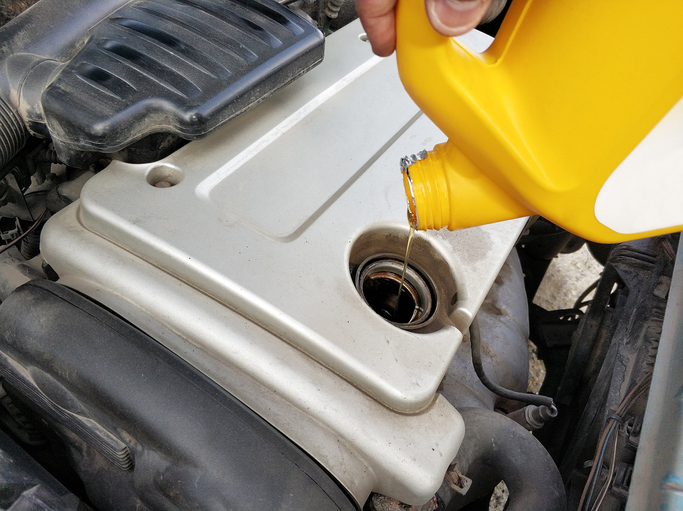How to Prevent Fluid Leaks After Auto Mechanic Training
As a graduate of auto mechanic training, you’ve learned the ins and outs of vehicle maintenance, repair, and diagnostics. One of the most common issues you’ll encounter on the job is fluid leaks.
Leaks, whether in oil, coolant, transmission fluid, or brake fluid, can lead to serious mechanical problems and even pose safety risks if not adequately addressed.
To help you start your career on the right foot, let’s explore effective ways to prevent fluid leaks and ensure your service vehicles remain reliable for your customers.
Perform Regular Inspections Per Your Auto Mechanic Training
The first step in preventing fluid leaks is regular inspection. As an auto mechanic, it’s important to thoroughly check all fluid reservoirs, seals, hoses, and connectors. During each routine service, be sure to check fluid levels and look for any signs of potential leakage, such as:
- Wet spots under the vehicle
- Dried fluid residue around reservoirs or fittings
- Cracked or brittle hoses
- Loose clamps or connections

Replace Worn-Out Seals and Gaskets
Seals and gaskets are crucial in keeping fluids contained within their respective systems. Over time, these components wear out, become brittle, or lose effectiveness due to high temperatures and mechanical stress. After completing your auto mechanic training, you must become proficient at identifying worn-out gaskets and seals.
Engine oil pan, valve cover, transmission, and differential are common areas where leaks occur due to faulty seals. Replacing these parts as soon as signs of wear appear can prevent leaks and save your clients from expensive repairs later on. Additionally, using high-quality replacement parts ensures longevity and better performance, reducing the chances of future leaks.
Use the Right Fluids and Maintain Proper Levels
Every vehicle requires specific types of fluids for optimal performance, whether it’s engine oil, coolant, brake fluid, or power steering fluid. You must ensure you use the manufacturer-recommended fluids and maintain the correct levels. Using the wrong fluid type or allowing fluid levels to drop too low can cause premature wear on seals, leading to leaks.
For example, using the wrong transmission fluid can degrade seals and gaskets, while failing to maintain the proper coolant level can cause overheating and damage hoses. Always double-check the vehicle’s manual for the correct fluid types and ensure fluid levels are topped off after every service.

Pay Attention to Fluid Filters
Fluid filters, such as oil and transmission filters, are key in preventing contaminants from entering the engine or transmission system. A clogged or dirty filter can cause excess pressure on seals and gaskets, leading to leaks. After graduating from auto mechanic school, you should make it a standard practice to replace these filters during regular maintenance services.
By replacing fluid filters on schedule, you reduce the risk of contamination buildup and pressure increases that could compromise seals and lead to leakage. Be sure also to check the filter housing for signs of wear, as damage to this component can also result in fluid leaks.
Inspect and Tighten Fittings
Loose or improperly tightened fittings and clamps are another common cause of fluid leaks. These connections keep hoses and lines secure but can come loose over time due to vibrations and regular use. As a mechanic, it’s essential to regularly inspect all fittings and hose clamps to ensure they are properly tightened.
If you notice any loose connections or worn-out clamps, replace or tighten them immediately. This simple step can go a long way in preventing leaks and ensuring the vehicle operates smoothly.
Do you want to become a mechanic?
Contact ATC Montreal for more information.


